Overview
Utilizing the exceptional setting and expertise available to the University of Arizona, the Lowell Program in Economic Geology / Lowell IMR offer a variety of unique courses for professionals and students. The 10-day intensive field courses include a mixture of in-person lectures, labs and field experiences. Our 2-day survey-type short courses "Integrated Planning Series" are offered remotely with on-line discussion sections.
Lowell Program 10-day Field Courses
The geologic framework and mineral systems of the Basin and Range provide the context for a unique set of in-depth field courses, from ore-deposit mapping, through in-depth reviews of ore deposit types and the applications of structural geology in mineral exploration and mine geology, to cutting-edge applications of hyperspectral imaging in the mining industry. Instructors include university and industry experts.
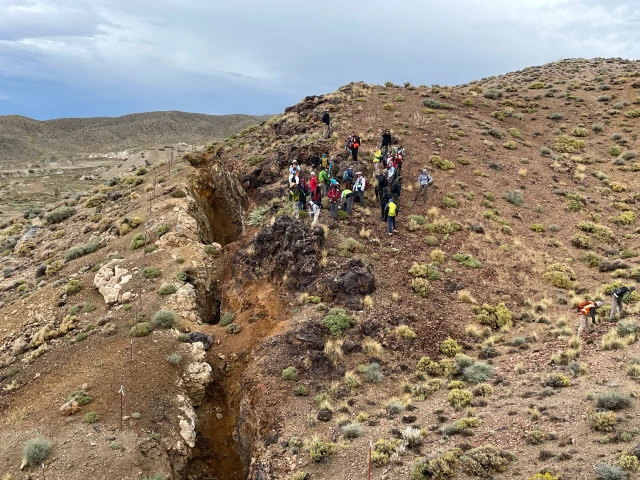
Lowell Program Ore Deposits Mapping & Mineral Systems
In this advanced field course, learn how mapping and other observations are used to characterize mineral systems from outcrop to regional scales with a focus on mineral zoning, time-space relations, and basic phase equilibria.

Lowell Program Topics on Ore Deposits Types
Learn about lithologic, structural, and geochemical characteristics of porphyry deposits and other igneous-related Cu-Au deposits, and how their geology impacts exploration and mining. Alternates annually between porphyry Cu-Mo-Au(-Sn-W) and Cu-Au (porphyry, alkaline, IOCG) focus.
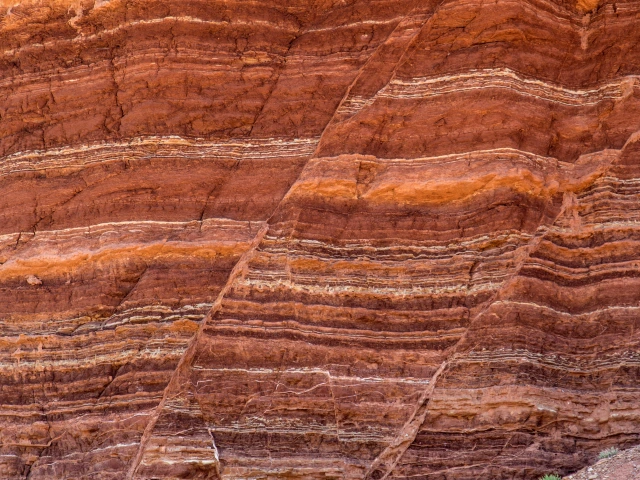
Structural Geology for Exploration and Mine Geologists
Learn how structural geology impacts mineral production, development, and exploration. Topics include fundamentals, tools and a survey of major ore deposit environments along with field trips and labs.

Hyperspectral Imaging for Mining and Mineral Resources
Learn how to collect laboratory and ground-truth spectral data of rocks and minerals, and to process and interpret hyperspectral data for mining and mineral resources.
Integrated Planning Series
Finding, developing, and extracting mineral resources go smoothly when everyone on the team works together, communicates effectively, and understands the whole value chain – not just one piece of it. But all too often, mining engineers, geologists, and metallurgists work in separate siloes. Breaking down these siloes takes either decades of experience or specialized, interdisciplinary, industry-focused training not offered at conventional university programs.
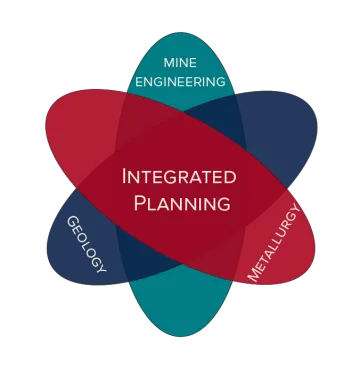
In consultation with industry advisors, and recognizing this critical gap in education, the Lowell Institute for Mineral Resources collaborated with Freeport-McMoRan and Newmont Mining to develop a series of 3 short courses designed to break down barriers to communication and improve collaboration among geologists, mining engineers, and metallurgists in the mining industry. Each course introduces the fundamentals and role of one profession to the other two from the perspective of top geologists, engineers, and metallurgists in the mining industry.
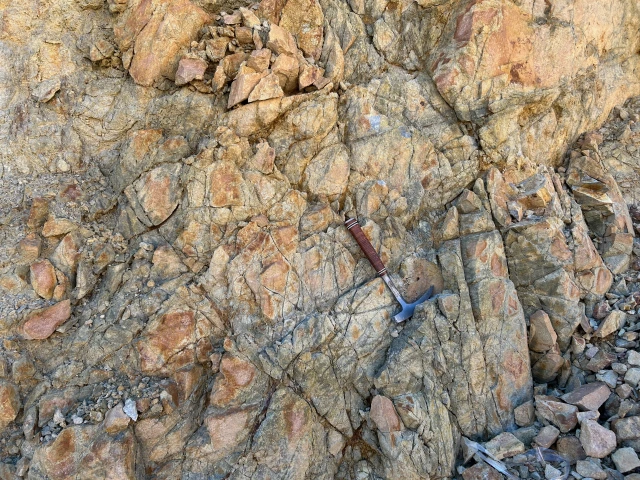
Geological Inputs to Integrated Planning
Learn about the role of geology and geologists in exploration, mine operations and business planning.

Mine Engineering Inputs to Integrated Planning
Learn about role of mining engineering and engineers in project valuation, development, and operation.
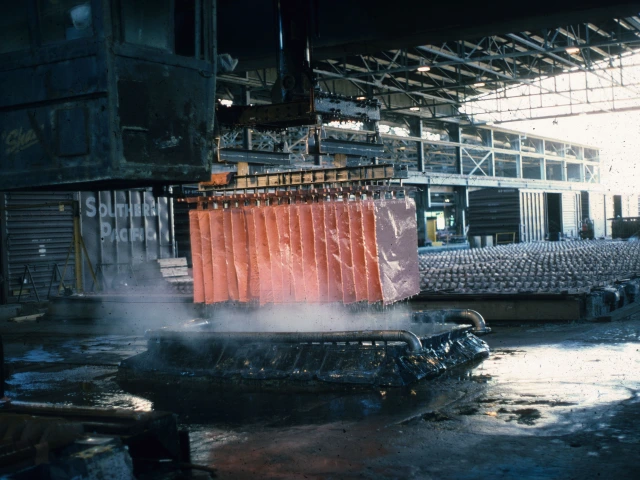
Metallurgical Inputs to Integrated Planning
Learn about the role of metallurgy and metallurgists in mine design, operations, and planning.
